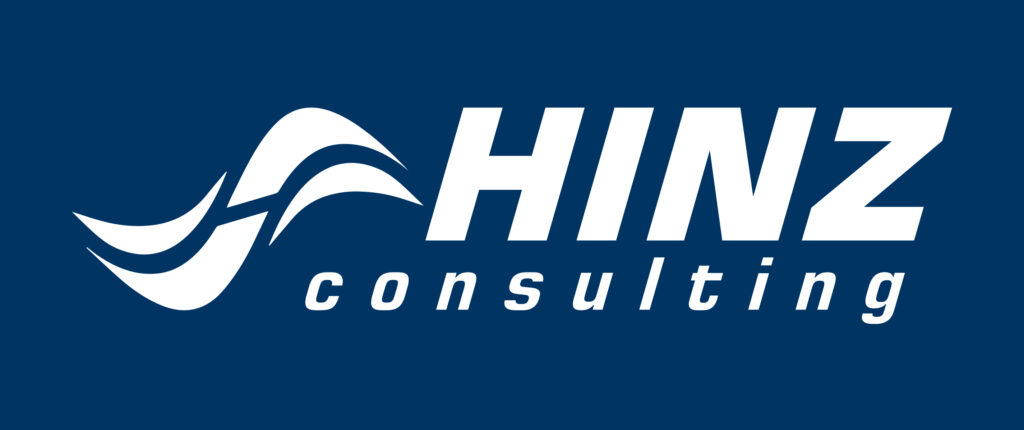Simplified Acquisition Procedures (SAP) contracts serve as a vital component of government contracting, offering a simplified and expedited process for procuring goods and services valued at or below specific thresholds. In this guide, we’ll delve into the intricacies of SAP contracts, their significance, and the benefits they offer to both government agencies and contractors.
Understanding SAP Contracts
These contracts are governed by regulations outlined in the Federal Acquisition Regulation (FAR) Part 13, which sets forth guidelines for simplified acquisition procedures. These procedures are designed to streamline the acquisition process, particularly for purchases falling below certain dollar thresholds. By adhering to simplified procedures, SAP contracts enable government agencies to acquire goods and services efficiently while reducing administrative burdens.
How SAP Contracts Work
These contracts follow a simplified acquisition process that involves fewer administrative requirements and less rigorous competition compared to larger procurements. Government agencies utilize various procurement methods under SAP, including purchase orders (POs), blanket purchase agreements (BPAs), and simplified acquisition solicitations.
- Purchase Orders (POs): POs are commonly used for one-time purchases or recurring orders of low-value items. They provide a straightforward method for procuring goods and services directly from vendors.
- Blanket Purchase Agreements (BPAs): BPAs establish long-term contracts with one or more vendors to fulfill recurring needs for specific goods or services. These agreements offer flexibility and convenience by consolidating multiple purchases under a single contract.
- Simplified Acquisition Solicitations: Government agencies issue simplified acquisition solicitations to solicit bids or quotes for goods and services valued below the simplified acquisition threshold. These solicitations may include requests for quotations (RFQs) or requests for proposals (RFPs) tailored to the specific requirements of the procurement.
Benefits of SAP Contracts
These contracts offer numerous benefits to both government agencies and contractors, including:
- Streamlined Process: SAP contracts simplify the procurement process, reducing administrative burdens and paperwork for both parties involved.
- Faster Procurement: By expediting the acquisition process, these contracts enable government agencies to procure goods and services more quickly, facilitating the timely acquisition of critical items and services.
- Cost Savings: The streamlined nature of these contracts can result in cost savings for both government agencies and contractors by reducing administrative overhead and associated expenses.
- Increased Opportunities for Small Businesses: SAP contracts often involve lower dollar thresholds and less complex requirements, providing small businesses with opportunities to compete for government contracts.
- Flexibility: These contracts offer flexibility in procurement methods, allowing government agencies to choose the most appropriate approach based on their specific needs and the nature of the procurement.
Key Considerations for SAP Contracts
To ensure successful execution of these contracts, both government agencies and contractors must consider the following:
- Market Research: Government agencies should conduct thorough market research to identify potential vendors and assess their capabilities before awarding SAP contracts.
- Documentation: Proper documentation is essential for these contracts, including clear specifications, pricing information, and contract terms and conditions.
- Contract Management: Effective contract management is crucial to ensure that SAP contracts are executed in accordance with the terms and conditions and that performance is monitored and evaluated throughout the contract lifecycle.
Conclusion
These contracts play a vital role in government contracting, offering a simplified and expedited process for procuring goods and services valued at or below specific thresholds. By streamlining the acquisition process and reducing administrative burdens, SAP contracts enable government agencies to efficiently acquire essential items and services. However, the successful execution of these contracts requires careful planning, compliance with regulations, and effective contract management. Contact us to learn more!


